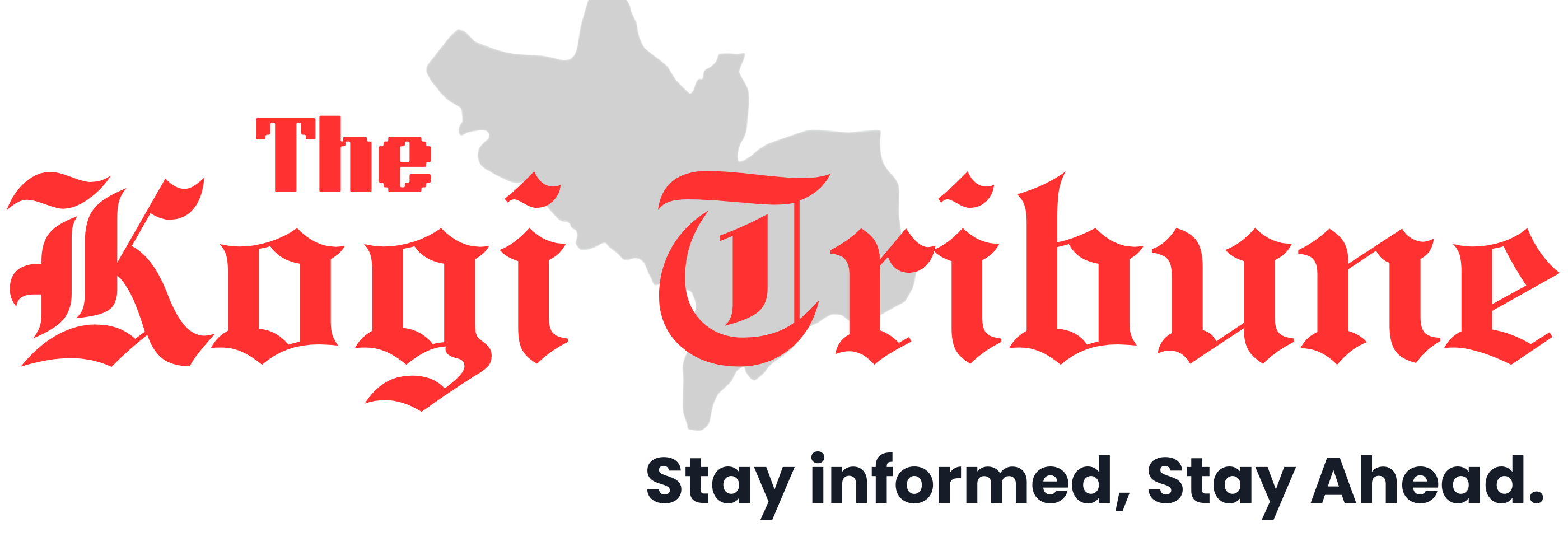By Peter Emmanuel
Nigeria’s Public Debt Climbs to N144.67 Trillion, Up 48.58% Year-on-Year
Nigeria’s total public debt rose sharply to N144.67 trillion ($94.23 billion) as of December 31, 2024, marking a significant 48.58% increase from N97.34 trillion ($108.23 billion) recorded at the end of December 2023.
This figure was revealed in the latest Debt Management Office (DMO) report detailing the nation’s public debt profile.
Continued Growth in Q4 2024
On a quarter-on-quarter basis, the total debt stock increased by 1.65%, rising from N142.32 trillion ($88.89 billion) in September 2024. This reflects a sustained upward trend in Nigeria’s debt burden in the final quarter of the year.
Year-on-Year Analysis
Comparing year-end figures, Nigeria’s public debt rose by N47.32 trillion, a 48.58% jump from December 2023. The rise was driven by notable increases in both external and domestic borrowing.
External Debt:
Nigeria’s external debt soared by 83.89%, from N38.22 trillion ($42.50 billion) in December 2023 to N70.29 trillion ($45.78 billion) a year later.
This spike was fueled by new foreign loans and the depreciation of the naira, which raised the local currency value of dollar-denominated obligations.Domestic Debt:
Domestic debt also grew substantially by 25.77%, reaching N74.38 trillion ($48.44 billion) in December 2024, up from N59.12 trillion ($65.73 billion) the previous year.The Federal Government’s domestic debt increased by 32.19%, climbing from N53.26 trillion to N70.41 trillion, reflecting continued reliance on local borrowing to finance budget deficits and infrastructure projects.
In contrast, domestic debt owed by states and the FCT fell from N5.86 trillion to N3.97 trillion, a 32.27% decrease, signaling more cautious borrowing by subnational entities.
Quarter-on-Quarter Developments
From September to December 2024, total public debt increased by N2.35 trillion, a 1.65% rise.
External Debt:
Increased by N1.4 trillion, from N68.89 trillion ($43.03 billion) to N70.29 trillion ($45.78 billion), largely due to new foreign loans and further currency depreciation.Domestic Debt:
Rose by 1.29%, from N73.43 trillion ($45.87 billion) in September to N74.38 trillion ($48.44 billion) in December.
The Federal Government’s share rose from N69.22 trillion to N70.41 trillion, while debt held by states and the FCT dropped from N4.21 trillion to N3.97 trillion, a 5.69% reduction.
Debt Composition
As of December 2024, Nigeria’s debt profile was almost evenly split, with external debt making up 48.59% and domestic debt 51.41% of the total.
External Debt Breakdown:
Federal Government: N62.92 trillion ($40.98 billion)
States & FCT: N7.37 trillion ($4.80 billion)
Domestic Debt Breakdown:
Federal Government: N70.41 trillion ($45.86 billion)
States & FCT: N3.97 trillion ($2.58 billion)
What You Should Know
The significant increase in public debt has sparked concern among economic analysts, particularly the steep rise in external borrowings, which exposes Nigeria to foreign exchange volatility and rising debt servicing costs.
The naira’s continued depreciation means that repaying dollar-denominated debt could become even more expensive, putting added pressure on public finances.
The Federal Government’s ongoing reliance on both foreign and domestic loans points to deeper fiscal challenges, such as low revenue generation and the urgent need for infrastructure financing.
While domestic debt still constitutes the larger portion of the debt portfolio, the rapid expansion of external liabilities highlights the importance of strategic debt management, especially given Nigeria’s limited foreign exchange earnings.
Experts are urging the government to adopt more prudent borrowing practices, prioritize economic diversification, and boost tax revenues to reduce dependency on debt. They warn that borrowing without a clear path to repayment risks overburdening future budgets and jeopardizing fiscal sustainability.





















